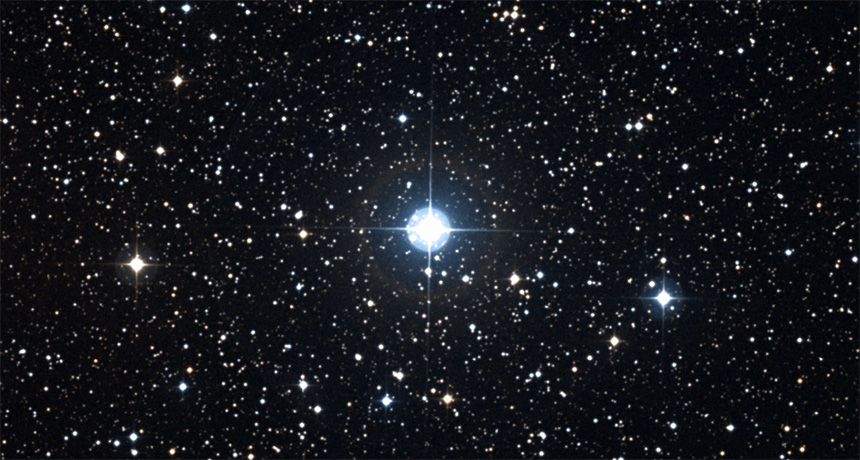It may sound strange coming from a mystic, but I sympathize with atheists. If the choice is between a ‘Creator’ standing apart from ‘His’ creation, or nothing but cosmic randomness, then there is nothing but cosmic randomness.
Fortunately, this is a false choice. To quote the greatest religious teacher of the 20th century, J. Krishnamurti, “There’s a sacredness which is not of thought, nor of a feeling resuscitated by thought. Thought cannot formulate it. But there’s a sacredness, untouched by any symbol or word. It is not communicable. It is a fact.”
Of course just because sacredness beyond all conception and imagination by the mind exists, doesn’t necessarily mean that God as supreme intelligence exists.

To be frank, I’m sure there is a completely impersonal sacredness that suffuses nature and the universe, because one touches it on nearly a daily basis during meditations in nature. But I’m not so sure about the existence of God, much less gods, that care about the future of humanity.
These are distinct questions to my mind. What I’m concerned with here however, is the confusion and conflation between what the human mind decides is sacred, and what is actually sacred.
Clearly, such notions as “the sacred symbols of democracy” are nonsense. Even in religious contexts, however rich the meanings in texts, churches, synagogues or mosques, they are artifacts generated by thought. Symbols are never sacred; indeed, the symbol precludes the sacred.
When I was a boy, the manipulative mysteries of the Latinate Roman Catholic Mass captured my imagination. But a few years as an altar boy dispelled the artificial mystery, and left the hollowness of ritual, devoid of real meaning.
As a young man, when I went to Moscow not long before the collapse of the Soviet Union, I was taken to a High Mass of the Eastern Orthodox Church. There, only the most pious (and I use the word without derision) had been left a place to worship in the atheistic country of the USSR.
The atmosphere was a thick as the incense and as emotionally intense as the Gregorian chanting. But as moving as it was, it was not sacred but a simulacrum of sacredness.
So what actually is sacred? Only with the complete quieting of thought in undirected attention can one come into direct contact with the living actuality beyond the word. Quieting the mind is done for its own sake however, not to bring the sacred.
Beyond “Mindfulness-Based Stress Reduction,” why meditate then? One simply sees the necessity of observing without the infinite regress of the observer every day. Effortlessly gathered, unwilled attention to thoughts and emotions as they arise ends and empties the useless and destructive content of thought/emotion, at least for a timeless, peaceful interval.
The chattering mind is but the tip of the iceberg. It’s like watching a roiling, muddy stream full of leaves and debris, without trying to do anything about it. The very act of watching (as long as there’s no watcher standing apart from what one is watching) quiets and clears the stream.
This art cannot be taught, which makes the legions of meditation teachers rather like snake oil salesmen. Given that meditation cannot be taught, only self-taught, what is the point of writing about it? Is there a way to convey the art of it, without sliding into the tar pits of methods, systems and techniques?
Perhaps all one can say to a young person of some seriousness, or an adult for that matter, is that one has to question, experiment and play with observation. Then one will discover the art of true observation, which still seems rather miraculous to me after 50 years.
Then one begins to feel the movement of time proprioceptively, which is to say, in the same way you feel where your arm is as you move it with your eyes closed. Time is the enemy, for there is no ‘later,’ no ‘eventually’ or ‘gradually,’ only now. Change may take time, but it never happens if one employs time.
Can the ‘default’ state of the brain be attention and stillness? Is that what enlightenment is? Is a transmutation in the brain itself required?
These are open questions. The only thing I’m sure of is that following the idea of ‘many paths to truth’ is a dead end. Truth is trackless.
Martin LeFevre

